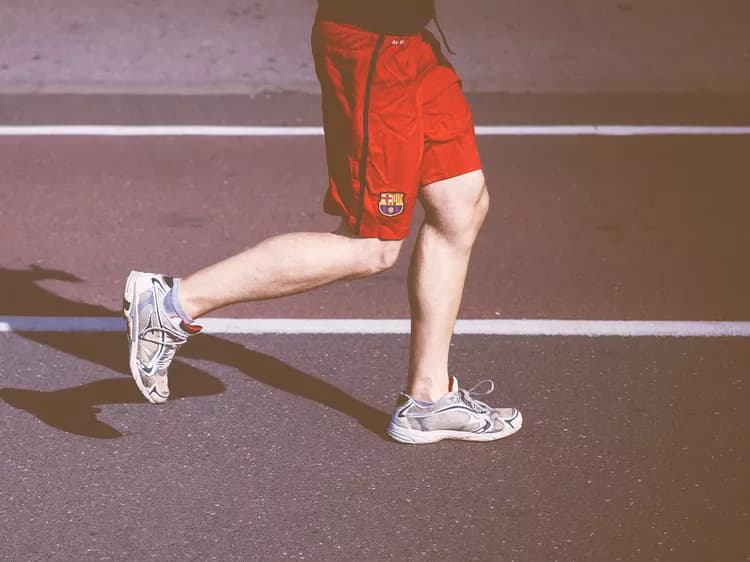
Brain Oxygenation And The Critical Importance Of Pace In Long-Distance Races
The European Journal of Applied Physiology has published an article by the lecturer Jordan Santos-Concejero of the UPV/EHU's Department of Physical and Sports Education entitled 'Brain oxygenation declines in elite Kenyan runners during a maximal interval training session'. This is the continuation of a previous study published in the Journal of Applied Physiology, in which results that partly contradict those of the originally published research have been obtained.
The first study, conducted by the doctor in the UPV/EHU's Department of Physical and Sports Education, suggested that the capacity of Kenyan athletes in maintaining their brain oxygenation within a stable range during maximal efforts (in the course of a 5-km time trial) might be one of the reasons that could account for the success of these runners in long-distance races.
However, bearing in mind that a time trial covering this distance implies the possibility of the athletes choosing their pace, the need was raised to study the brain oxygenation responses in a maximal effort in which the intensity of the exercise is imposed on them. So an interval test of repeated bouts of 1,000 metres at a speed 5% higher than the average achieved in a 5-km time trial with a 30-second recovery time between bouts was designed. The aim was to do as many bouts as possible, so the athletes were offered economic incentives for every extra bout completed (putting this into context, the best of the athletes was capable doing eight 1,000-metre bouts at a speed of 2 minutes 48 seconds per kilometre on a treadmill).
With this exercise protocol, which guaranteed total exhaustion, results that partly contradict those of the study published originally were obtained, because a fall in brain oxygenation was observed in all the athletes during the last part of the interval test. "We believe that the fall in their brain oxygenation could be caused by a reduction in the partial pressure of CO2 in the blood (hypocapnia), as a result of the hyperventilation brought on by the exercise," explained Santos-Concejero.
Hyperventilation is one of the body's physiological responses to the reduction in the blood pH that can be seen during high intensity exercises. The fall in the pH stimulates peripheral chemoreceptors that promote a powerful respiratory response to maintain the pH within a specified range; this takes place mainly through the expulsion of the excess CO2 produced by the action of the physiological stopper of the bicarbonate to offset acidosis.
The resulting hypocapnia of this powerful respiratory response (once the one widely known as the "respiratory compensation point" has been exceeded) could thus cause vasoconstriction on a brain level that would reduce blood flow, and thus affect brain oxygenation, as has been seen in this study.
In any case, the intensity of exercise at which the fall in brain oxygenation takes place in the Kenyans in the study (95% of their VO2 max) is above anything that has ever been previously documented among elite athletes in any discipline. And, strangely enough, the best athletes in the study (those who managed not only to complete more 1,000-metre bouts but who did so at a faster pace) were capable of withstanding greater falls in brain oxygenation before collapsing; this is further proof of the importance of this factor as a limit on human performance.
Materials provided by University of the Basque Country. Note: Content may be edited for style and length.
Disclaimer: DoveMed is not responsible for the accuracy of the adapted version of news releases posted to DoveMed by contributing universities and institutions.
Primary Resource:
Santos-Concejero, J., Billaut, F., Grobler, L., Oliván, J., Noakes, T. D., & Tucker, R. (2017). Brain oxygenation declines in elite Kenyan runners during a maximal interval training session. European journal of applied physiology, 117(5), 1017-1024. DOI: 10.1007/s00421-017-3590-4
Related Articles
Test Your Knowledge
Asked by users
Related Centers
Related Specialties
Related Physicians
Related Procedures
Related Resources
Join DoveHubs
and connect with fellow professionals

0 Comments
Please log in to post a comment.